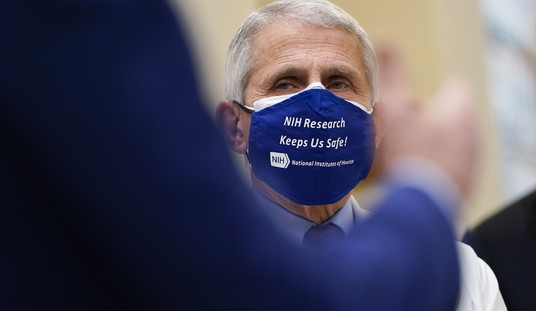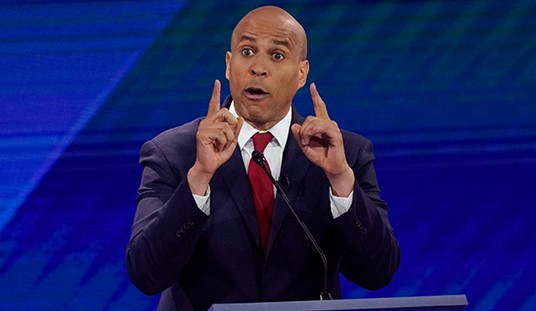America’s birth rate is perilously low, as fewer young families are forming, and even fewer young people who get married are having children. In fact, in 2016, the U.S. birthrate hit the lowest level in American history, with only 62 births per 1,000 women of child-bearing age. This figure means that America is unable to replace its population internally, short of elevated levels of immigration to make-up the difference. The latter scenario, however, puts enormous pressure on the American workforce, wages, and the nation’s immigration system.
Economists on the right and left agree that, in order for our economy to hit its full output potential, and to reverse the staggering national debt, we need around 10 million more people in the workforce. Our inability to field that increase in the workforce is, in no small part, the result of abortion being legalized by the Supreme Court in 1973. The holocaust of abortion has cost over 54 million American lives, and more than 10 million of those lost to abortion would have been working age by now.
The Great Recession of 2009 took an already-low birthrate even lower. Nearly a decade of Democratic economic policy gutted the economy, and decimated entry-level jobs for young college grads and entries into the workforce. The result has been delayed family formation, which has driven the birthrate among 20-30 year old women to a dangerously low level. Families are forming later, and couples are having their first child in their 30s, which drives-down the overall birthrate as women 30-40 years old have less children, on average, than women who have children in their 20s.
Republicans would be wise to financially enable young families to have children, a position that is both fiscally and socially conservative. For this reason, I supported the Rubio-Lee Amendment to expand the child tax credit by $87 billion for working families. Currently, child tax credits only apply against income tax bills, which does not help lower-income young and / or working families. The majority of taxes paid by younger, blue collar families comes in the form of payroll taxes, not income taxes. The best way to help them afford to raise young families is to allow the child tax credit to be applicable against both income and payroll taxes, which is what the Rubio-Lee Amendment offered.
It is not social engineering to enable American families to keep more of their own money to raise their own children. Including this provision in the tax code would help create families while the broader tax reform package creates millions of new jobs and opportunities in the American economy.
Inclusion of the Rubio-Lee Amendment was not worth scuttling the entire tax reform package over, but including it would have made the bill even more fiscally and socially conservative, especially for younger American workers.













Join the conversation as a VIP Member